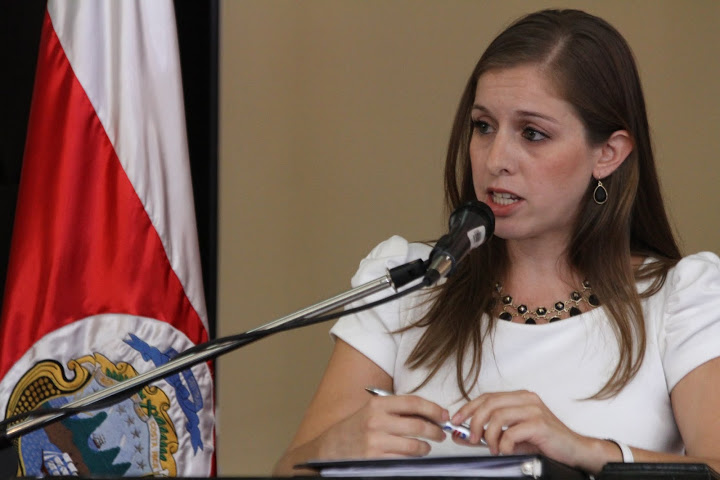Costa Rica will likely issue a new law on distributed generation by the end of 2018, according to information provided to pv magazine by Carolina Sánchez, a local solar entrepreneur and representative of the country’s solar association, Asociación Costarricense de Energía Solar.
According to her, the new law, which is now under review by the Parliamentary environment committee, would improve the current regulation for net metering issued in April 2016, which has already provided good results in terms of new installed capacity and investments. The new law, however, is planned to provide the distributed generation business with a clear and stable regulatory framework, Sánchez said, thus ensuring the legal certainty of all future investments in this segment.
The main issue with the current legislation is the fact that PV system owners under net metering may inject power which they not consume into the grid, but they can get a maximum of 49% of the generated power in order to use it in the following months, during a 1-year period. This mechanism, according to Sánchez, is detrimental to those PV system owners who consume more electricity in the no-sun hours and, in general, is more expensive as it requires the installation of two meters.
Currently, in Costa Rica there is no capacity limit for PV projects under net metering. Only projects exceeding 500 kW require environmental approval. According to Sánchez, solar distributed generation is now becoming very popular within the tourism industry, with many hotels resorting to solar for power generation, as well as small and medium-sized business. “PV installations exceeding 5 kW in size are more common,” Sánchez said, “and under this threshold there are only a few projects, as residential clients keep being subsidized in Costa Rica”.
This content is protected by copyright and may not be reused. If you want to cooperate with us and would like to reuse some of our content, please contact: editors@pv-magazine.com.




By submitting this form you agree to pv magazine using your data for the purposes of publishing your comment.
Your personal data will only be disclosed or otherwise transmitted to third parties for the purposes of spam filtering or if this is necessary for technical maintenance of the website. Any other transfer to third parties will not take place unless this is justified on the basis of applicable data protection regulations or if pv magazine is legally obliged to do so.
You may revoke this consent at any time with effect for the future, in which case your personal data will be deleted immediately. Otherwise, your data will be deleted if pv magazine has processed your request or the purpose of data storage is fulfilled.
Further information on data privacy can be found in our Data Protection Policy.